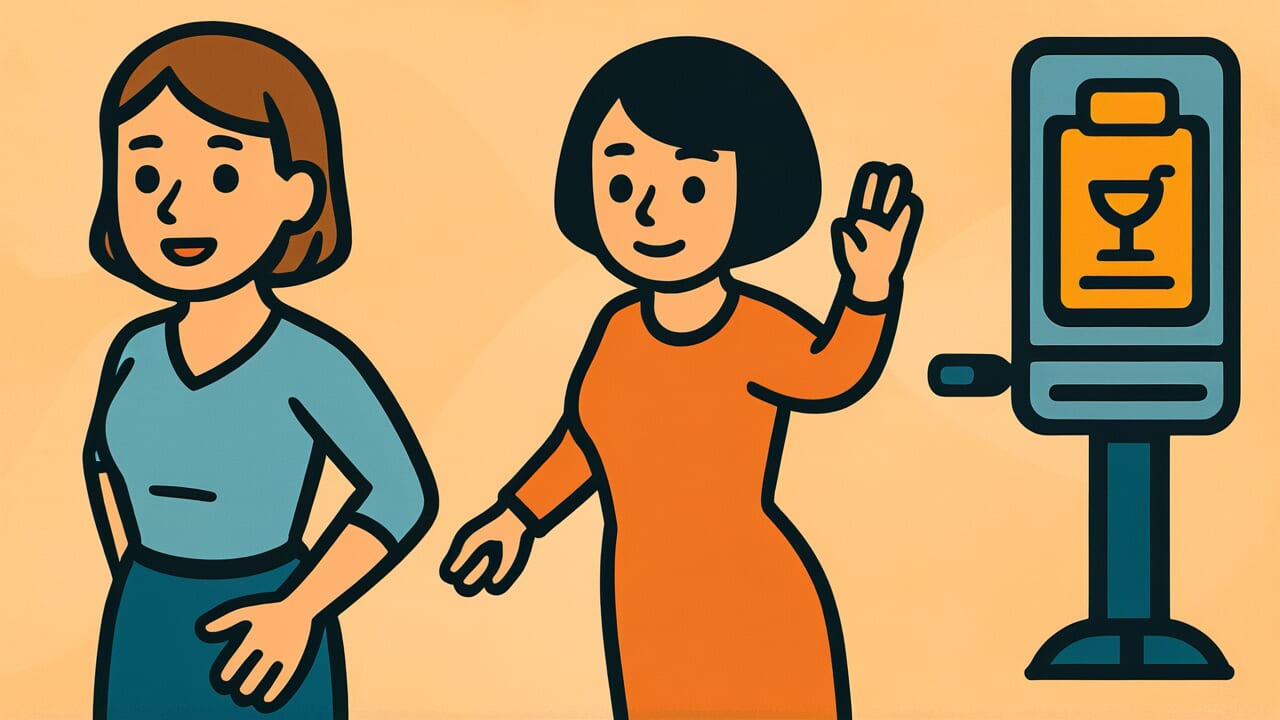How to Read “A widow at twenty can remarry, but a widow at thirty cannot”
Nijū goke wa tatsu ga sanjū goke wa tatanu
Meaning of “A widow at twenty can remarry, but a widow at thirty cannot”
This proverb means that women who lose their husbands in their twenties can remarry easily. However, women who become widows in their thirties find remarriage much harder.
The word “goke” refers to a widow. The word “tatsu” means to remarry and start a new life.
In old Japanese society, young widows had relatively many chances to remarry. People expected them to bear and raise children. They could also handle household work for many years.
Marriage proposals came to them fairly often. But once women reached their thirties, these opportunities dropped sharply.
People used this proverb to point out the age barrier in women’s remarriage. It reflects a time when society linked women’s value to age and childbearing ability.
The expression sounds discriminatory to modern ears. But for people back then, it simply described social reality.
This proverb conveyed a harsh truth. A woman’s life choices were heavily influenced by her age.
Origin and Etymology
The exact first written appearance of this proverb is unclear. However, people widely used it from the Edo period through the Meiji era.
“Goke” means a woman whose husband has died. “Tatsu” means to remarry and establish a new household.
In Japanese society at that time, women’s remarriage was not unusual. Young widows especially considered remarriage a practical choice. They needed to raise children or continue the family business.
But as women grew older, remarriage opportunities decreased.
The marriage views and family system of that era shaped this proverb. Marriage focused less on romantic love between individuals. Instead, it emphasized connections between families and practical considerations.
Young women had a higher chance of bearing and raising children. People also expected them to handle household work. When women reached their thirties, society viewed these expectations as lower.
This proverb expressed a social phenomenon people observed through experience. It captured this reality in simple, direct words.
The saying reflected the meaning of age in women’s lives. It did so frankly, sometimes even cruelly.
Usage Examples
- She’s still young, so as they say, a widow at twenty can remarry, but a widow at thirty cannot—she’ll surely find a good match
- People used to say a widow at twenty can remarry, but a widow at thirty cannot, but that’s unthinkable today
Universal Wisdom
This proverb has been passed down because it contains deep insight. It reveals the relationship between “time” and “opportunity” in human society.
Our ancestors understood a basic truth. In life, certain choices are available during specific periods. Then those doors gradually close.
This proverb does more than express age discrimination. It describes the dynamics where social systems and individual lives intersect.
In every era, society has invisible standards and expectations. These shape individual choices.
The proverb touches on universal themes that still exist today. Society expects possibilities from youth. Evaluations change as time passes. Lost opportunities become hard to recover.
The saying also suggests the importance of “timing.” In life, there are optimal times to start something or make a choice.
Missing that moment makes achieving the same result difficult. This truth applies beyond remarriage. It affects career choices, learning, building relationships, and many other areas.
Though the words convey a harsh reality, they may contain a timeless message. “Cherish this present moment.”
When AI Hears This
Biology has a concept called reproductive value. It quantifies how many offspring an individual at a certain age can produce in the future.
Interestingly, human female reproductive value peaks in the late teens. It declines gradually through the twenties. After thirty, it drops sharply.
Medical evidence supports this curve. Women in their twenties have about a 25 percent monthly pregnancy rate. In the early thirties, it’s 20 percent. After 35, it plummets.
This proverb points to exactly this non-linear decline. Between the twenties and thirties lies more than just ten years. A biological threshold exists.
The binary of “can” and “cannot” actually captures a stepwise change, not a gradual one.
Male partner selection involves calculation too. Evolutionary psychology suggests men unconsciously evaluate a partner’s remaining reproductive period.
A woman in her twenties has over ten years of childbearing potential. A woman in her thirties has only a few years left.
This difference in expected value appears as a difference in remarriage market demand.
People in the Edo period knew nothing of genetics or statistics. Yet through years of observation, they empirically identified this biological boundary. They even quantified it accurately in words.
Lessons for Today
This proverb teaches modern people an important lesson. The window of opportunity stays open for only a limited time.
However, this is not a message of panic saying “hurry up.” Rather, it conveys the importance of properly recognizing the value of “now” in your life.
Modern society offers incomparably more life choices than when this proverb was born. Beyond remarriage, we have career changes, continuing education, and new challenges.
Age-based restrictions have definitely decreased. Yet the importance of timing has not disappeared.
What matters is not being swayed by social standards. Instead, develop the ability to identify the “right time” for yourself.
Don’t fear age barriers set by others. Choose proactively what to prioritize in your life and when to act.
This requires facing yourself honestly in this present moment. Make decisions without regret.
This proverb does not convey outdated values. It remains meaningful today. It gives us a chance to think about choices and timing in life.


Comments